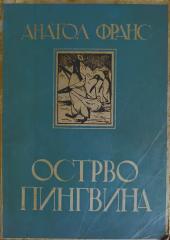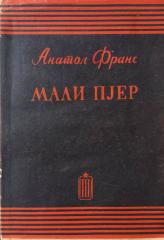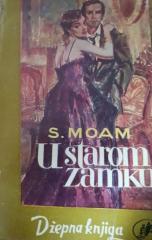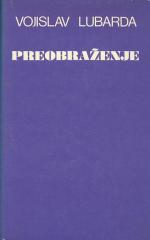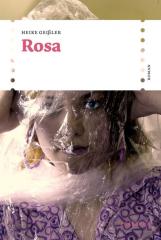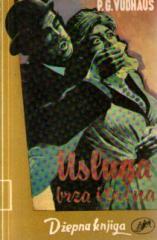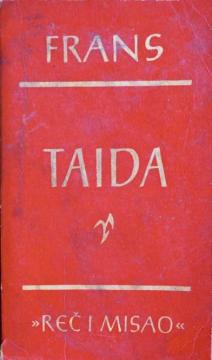
Taida: roman iz aleksandrijskih vremena
Roman Taida, objavljen 1890. godine, jedno je od najpoznatijih djela francuskog nobelovca Anatolea Francea. Djelo je inspirirano legendom o svetoj Taidi iz Egipta, kurtizani iz 4. stoljeća koja se obratila na kršćanstvo.
Radnja romana prati Pafnucija, asketskog monaha koji živi u egipatskoj pustinji. Potaknut vizijom, odlučuje spasiti Taidu, slavnu aleksandrijsku kurtizanu, od njezina grešnog života. Pafnucije putuje u Aleksandriju, gdje se, prerušivši se u bogatog mladića, približava Taidi i uspijeva je obratiti na kršćanstvo. Zajedno se vraćaju u pustinju, gdje Taida započinje život pokajnice u samostanu pod vodstvom časne sestre Albine.
Međutim, Pafnucije se sve više muči s vlastitim osjećajima prema Taidi. Dok ona iskreno traži duhovno pročišćenje, on se suočava s unutarnjim sukobom između svoje vjere i rastuće tjelesne želje. Na kraju, kada Taida umire u stanju duhovne ekstaze, Pafnucije joj priznaje svoju ljubav i izražava sumnju u njezinu vjeru, čime se razotkriva njegova vlastita duhovna kriza.
Taida je filozofski roman koji istražuje teme duhovnosti, iskušenja, pokajanja i unutarnjeg sukoba. France koristi povijesni kontekst kako bi kritički promišljao o religiji, moralu i ljudskoj prirodi, često s dozom ironije i skepticizma. Djelo je također poslužilo kao inspiracija za operu Thaïs Julesa Masseneta iz 1894. godine.
Jedan primjerak je u ponudi
- Požutjeli listovi
